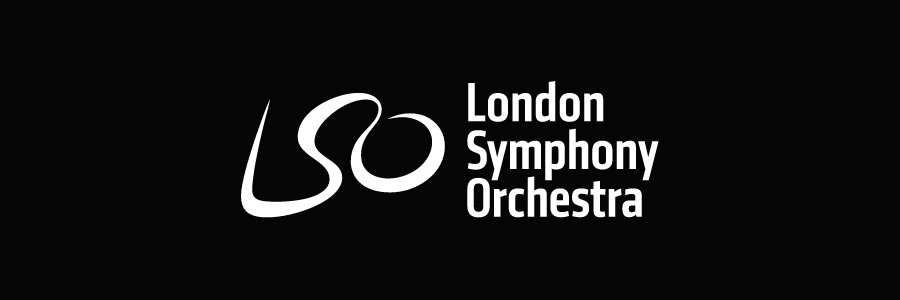Music is made out of accumulation and that which follows is tied to that which has come before. Theories of Forgetting is a programme of contemporary pieces that, for me, each somehow explore the complex relationships between music, time and memory.
Some of the featured works address the theme more overtly – such as James Saunders’ Overlay (with transience) which asks the performer (in this case the brilliant Colin Alexander) to remember and re-record the same response to a provocation, several times and over several months, overlaying them to create the final work. Or Joanna Bailie’s Trains where she explores the un-canniness or otherworldly nature of field recordings as captured and preserved moments in time – reflecting on the ‘one-off ness’ of the world and it’s uniqueness and unrepeatability.
Or in Bent Sørensen’s beautiful Looking on Darkness which, like Shakespeare’s Sonnet 27, explores the idea of memory as a narrative, the music hovering on the edge of the concrete and the intangible, coloured with a sense of nostalgia and loss:
Sonnet 27
Weary with toil, I haste me to my bed,
The dear repose for limbs with travel tired;
But then begins a journey in my head,
To work my mind, when body’s work’s expired:
For then my thoughts (from far where I abide)
Intend a zealous pilgrimage to thee,
And keep my drooping eyelids open wide,
Looking on darkness which the blind do see:
Save that my soul’s imaginary sight
Presents thy shadow to my sightless view,
Which, like a jewel hung in ghastly night,
Makes black night beauteous and her old face new.
Lo, thus, by day my limbs, by night my mind,
For thee, and for myself, no quiet find.
Shakespeare’s Sonnets, 1609
In other works in the programme the connection to time and memory is perhaps more abstract, however Laurence Crane’s Riis has a mesmeric quality, which is borne out of his careful pacing and use of repetition over time. In Christophe Bertrand’s Dikha – we see the clarinettist’s sound ‘divided in two’ – the performer playing in dialogue with her recorded and processed ‘past-self’, creating complex and vivid sound masses, often blurring the boundaries between the ‘real’ and ‘virtual’. There is something here that resonates with the intangible nature of memory and how this intersects with and relates to present moment experience. Similarly in Johann Svensson’s double dubbing (firefly song) he plays with instant imitation across the three sounding agents of accordionist, clarinettist and a set of 16 piezzo buzzers with lights – echoing the dubbing process in film where ‘additional supplementary recordings are mixed with the original production sound’ to create the finished soundtrack.
Memories can also become stories that we tell ourselves about our past – they contribute to our sense of identity and can frame the ways in which we think of ourselves and behave. The final piece is a new work I have written for the concert called Theories of Forgetting. My starting point was a bit of a voyage of self-archaeology. I discovered long forgotten childhood Dictaphone tape recordings, old musical ideas, family photographs, stories and hazy happenings that I had previously neglected to think about. Some of these discoveries form ‘found’ materials that are used as starting points for the different movements of the piece. Memories can also shape shift, warp and change over time and as we forget. The ideas of distorting or reimagining sound materials through processes associated with theories of forgetting – interference, erosion and displacement have also influenced my compositional processes.
In rediscovering these moments and sounds from my past, I have had the joy of spending time remembering the silly, playful, mundane, everyday and fleeting moments, which can so often fade into the background, and I’ve had a wonderful time developing new connections to past materials. Curating the programme, writing the piece and working with Heather, Colin and Eva has been a really wonderful and rewarding experience. They are incredible musicians and I can’t wait to share the concert with you in January!’
You Might Like

Soweto Kinch: Music Can Bring Us Together
On Thursday 16 March Soweto Kinch and the LSO perform his work White Juju at the iconic London venue, Printworks.
Interviewer James Drury spoke to Soweto to find out more about his music, style and inspirations.

LSO Panufnik Scheme Interview: Litha Efthymiou
Ahead of the LSO Panufnik Scheme Workshops on 31 May, composer Litha Efthymiou to discusses her brand new work Through that Twilight Sky.

Alex Ho's advice for the next four Soundhub members
We catch up with Alex Ho, who tells us about his year on the LSO Soundhub composers’ scheme, and gives his advice to those applying for next year.


